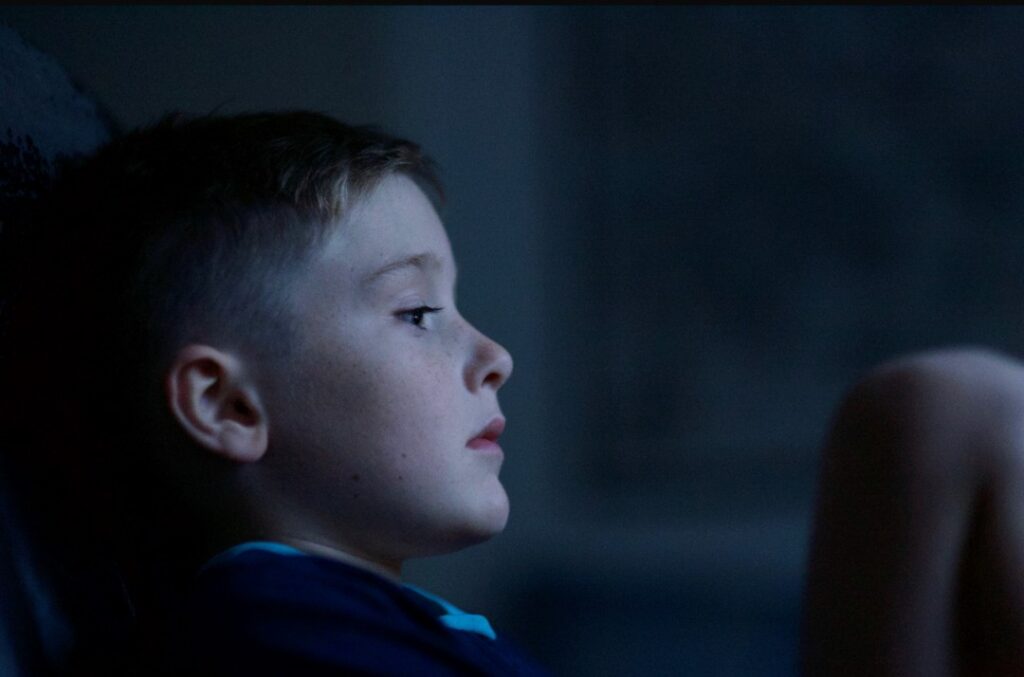Having an autistic child who doesn’t like praise isn’t as rare as you may think. In the below article we explore this behaviour and give you some tips on how to handle it.
Autism and not liking praise
As parents of autistic children we often experience some unexpected scenarios. This could be something like our child insisting on a spoon size or being obsessed with feet.
But an autistic child who doesn’t like praise is one of the subtle behaviours which is distressing never the less.
We want to give our children praise for good behaviour or progress they are making.
Positive reinforcement is one of the building blocks of helping an autistic child progress afterall.
So when one of our kids hates the process it can leave us scratching our heads.
There are many possible reasons why an autistic child might not respond positively to praise.
It’s of course important however to remember however that every child is an individual with unique experiences and sensitivities.
But with that said here’s what may be behind the reaction;
Not liking to be centre of attention
Some autistic children don’t like to be the focus of everyone’s attention.
If you think about praise it is quite often someone being singled out individually.
With an autistic child who may be shy or not know how to react, the process of recieving praise may be uncomfortable for them.

Sensory factors
Praise can be a lot to process, especially for children who are sensitive to loud noises or sudden changes in attention.
The words, tone of voice, and even the physical touch of praise can be overwhelming, leading to discomfort or even anxiety.
Sometimes praise is accompanied by clapping also, a process which is commonly disliked by autistic kids.
Even if the praise is given subtlety, it can bring back memories of when it wasn’t. This can just leave a lingering feeling of uneasiness with the concept of praise.
Lack of understanding
Sometimes autistic children won’t be able to link the praise with the positive behaviour.
Say for example they have put a tissue in the bin, you as a parent may want to praise them for that.
It is possible however that the child’s mind has instantly started to focus on something else.
The praise for disposing of the tissue therefore is greeted with confusion.
Focus on internal validation
Some autistic children place a strong emphasis on internal validation and self-assessment.
They might not feel the need for external praise and might even find it distracting from their own sense of accomplishment.
This is simply the child wanting to keep their achievement to themselves rather than have it broadcast from the rooftop.
Break in routine
When praise is given spontaneously it can be quite sudden and unexpected. This can take autistic children by suprise and ultimately result in a break of routine.
What to do if an autistic child dislikes praise
It’s important to remember that there’s no single “right” way for an autistic child to respond to praise.
The most important thing is to be patient, understanding, and respectful of their preferences.
If you’re concerned about a child’s response to praise, it’s always best to talk to their parents (if that’s not you!) to see how is best to give it.
Here are some suggestions however which may help;
Use non verbal praise
A smile, a thumbs-up, or a pat on the back can be just as effective as verbal praise.
These tactics might be less overwhelming for some children.
You could also use smiley face stickers or emotion cards to show the child how happy you are with them.
Respect preferences
If a child seems uncomfortable with praise, don’t force it.
Pay attention to their body language and facial expressions, and back off if they seem overwhelmed.
Learn from previous experiences and adapt praise going forward accordingly.
Be clear about the praise
Instead of general praise, try to provide specific feedback about the child’s actions or achievements.
This helps them understand what they did well and how they can continue to improve.
An example of this would be with the tissue in the bin scenario, you could repeat the behaviour yourself and accompany it with a thumbs up.
Give private praise
If you think it’s that the child doesn’t like being the centre of attention then respect that.
You could whisper praise in their ear or take them to a quiet area with just you two to deliver accordingly.
Summary – Autistic Child Who Doesn’t Like Praise
Some autistic children may find praise uncomfortable due to various reasons.
These include challenges with sensory processing or difficulties understanding social cues.
Additionally, they might prefer concrete feedback or specific information over abstract expressions of approval.
It’s essential to understand and respect individual differences in how autistic kids respond to social interactions.
With time and patience you will likely find the best way to provide praise without making them feel uncomfortable.
Any tips or ideas?
We would love to hear from you if you have got any techniques or ideas for our readers to try.
Be sure to leave a comment if any of the above has helped or if you have any ideas we can add to this article.
Also be sure to search for any other articles you might find helpful.
Try for example searching below for topics like ‘meltdown’ or ‘communication’.

